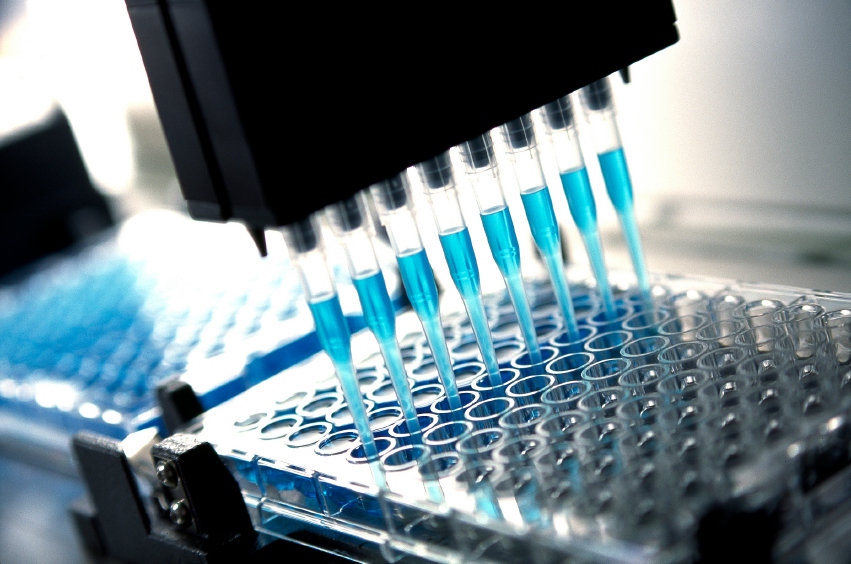CD Laboratory for Iron metabolism and anemia research

Anaemias and iron deficiency syndromes are among the most common diseases worldwide and have a negative impact on numerous functional processes in the body. This CD Laboratory investigates the underlying mechanisms, their significance for the course of various diseases and develops innovative diagnostic models and therapeutic strategies.
Iron is essential for many metabolic processes in the body but is also a central building block of the red blood pigment haemoglobin. A lack of available iron, whether due to an absolute lack of iron or a disturbed iron distribution in the body, leads to anaemia. Anaemia is a frequent accompaniment of infections, but also chronic diseases such as immunological and autoimmunological systemic diseases or tumour diseases. In this case, we speak of anaemia of chronic diseases (ACD). Anaemia is subjectively very stressful due to chronic fatigue, but also due to reduced performance as a result of reduced oxygen utilisation in the cardiovascular system, and sometimes has insufficiently researched influences on the underlying diseases. The exact underlying mechanisms and their significance for anaemia treatment are still unclear. If anaemia occurs in the context of an infection, it is understood as a defence strategy of the body to keep the essential growth factor iron away from immigrating microbes.
This CD Laboratory will perform a systemic analysis of the changes in iron metabolism in infections with specific pathogens (intracellular versus extracellular bacteria) and investigate the effects of orally or intravenously administered iron on the course of infection and the immune response. In a model of ACD comparable to human disease and ACD with true iron deficiency, comparative analyses of the efficacy of different oral and intravenous iron therapies in terms of pharmacokinetics, tissue distribution, regulatory and therapeutic effects of the individual substances will be investigated. This is of enormous clinical importance for the management of iron supplementation in regions with iron deficiency and high exposure to infections, but also generally essential to identify the optimal therapy for patients with ACD. In addition, retrospective and prospective analyses are carried out with regard to the prevalence of anaemia and the underlying mechanisms as well as the significance of anaemia for disease severity and progression in patients with various chronic diseases (especially rheumatoid arthritis, diabetes mellitus, chronic obstructive pulmonary disease), in which anaemia has been little researched clinically or the relationship between anaemia and disease progression is unclear. A further aim is to identify biomarkers that allow a correct diagnosis of anaemia in chronically ill patients and that help to find the best possible therapy and predict its effectiveness. These studies are expected to result in a significant gain in knowledge regarding the optimisation of therapeutic options and the management of patients with anaemia or iron deficiency states.
This CD Laboratory will make an important contribution to understanding the pathogenesis, diagnosis and optimised treatment of anaemia in chronically ill patients.
Christian Doppler Forschungsgesellschaft
Boltzmanngasse 20/1/3 | 1090 Wien | Tel: +43 1 5042205 | Fax: +43 1 5042205-20 | office@cdg.ac.at

